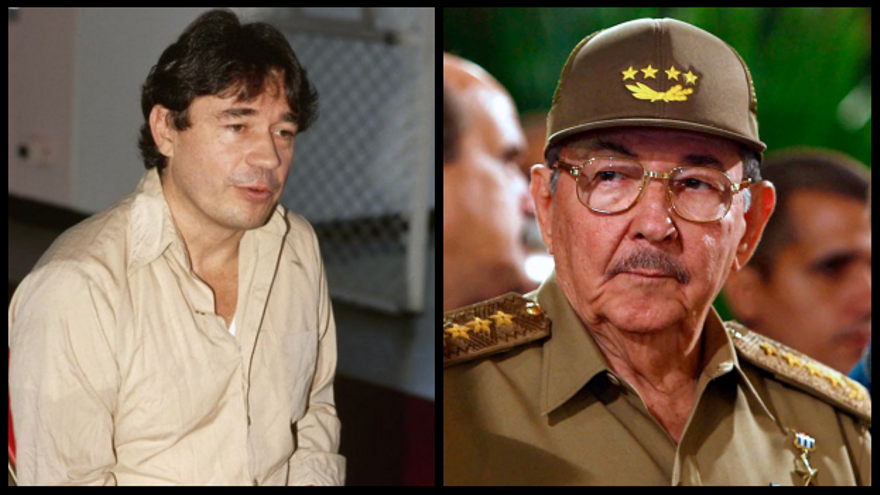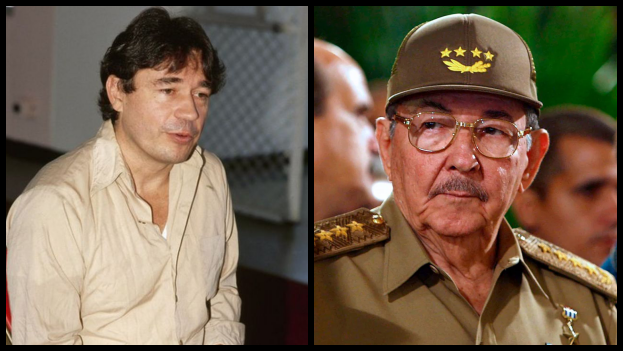
14ymedio, Clara Riveros, Miami, 14 January 2023 — The complicity between drug lords and the political leaders of Latin America and the Caribbean, particularly Cuba, was key to the rise, positioning and expansion of the Colombian cartels in the decade of the 1980s, as extracted from Vida y muerte del cartel de Medellín [Life and Death of the Medellín Cartel], the book published by Penguin Random House, with the memoirs of one of its former bosses, Carlos Lehder.
At just 24, Lehder had resources and capital beyond money, that is, education, culture, command of other languages, an American visa, and the ability and knowledge of how to move internationally. After almost 50 years, including 33 years in a United States prison, the Colombian with a German father now resides in Frankfurt: “contrite, rehabilitated, obedient to the laws and, at last, free,” he says.
Carlos Lehder, one of the most visible actors in the Medellín cartel, gives an account, for the first time, of the million-dollar economic relationships that he and his partners established with the Governments of Cuba, Panama, Nicaragua and the Bahamas. The leaders of these nations did not hide their desire for dollars and their eagerness to participate to some extent in the great drug business and its benefits. The cartels bought the revolutionary complicity of Castro’s Cuba and Sandinista Nicaragua.
Carlos Lehder reports, for the first time, on the million-dollar economic relations that he and his partners established with the governments of Cuba, Panama, and Nicaragua and Bahamas
The young drug trafficker understood early on the importance of relationships with power to expand the business and extend the criminal empire through the conquest and domination of territories through “drug diplomacy” and the seduction of political power. Lehder had his kingdom in the Bahamas and Pablo Escobar in Panama. Later, Nicaragua became a better destination, much safer thanks to the emerging revolutionary government.
For almost eight years, Lehder was the master of drug trafficking in the Bahamas, according to the memoirs of the one time narc in the Colombian magazine Semana. It was President Ronald Reagan’s declaration of war on drugs that fractured his alliance with the authorities of that archipelago just 170 kilometers from Miami. He returned to Colombia and advanced with Fidel Castro’s Cuba. In Havana they opened the doors for him and, p


